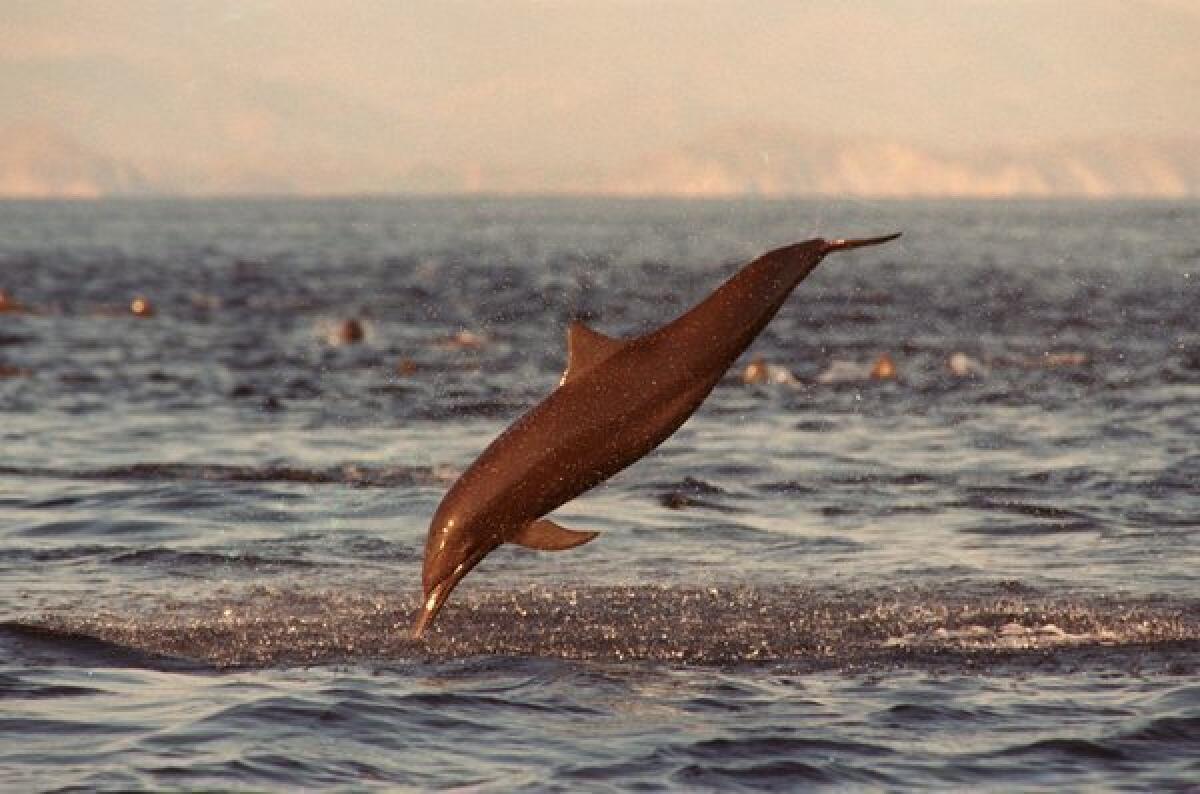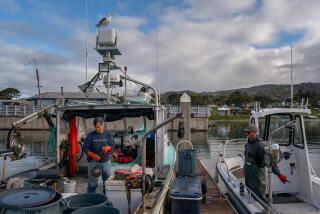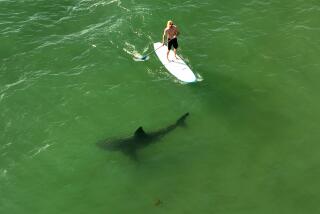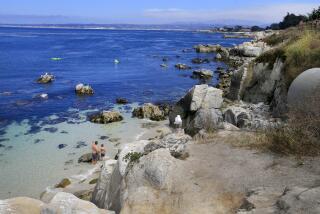NOAA expanding dolphin-safe tuna certification requirements

When the World Trade Organization found last year that U.S. labeling requirements for dolphin-safe tuna put Mexican tuna fishermen at a trade disadvantage, marine advocates worried that the federal government would weaken its dolphin-safe standards.
Instead, a proposed rule published Friday by the National Marine Fisheries Service would expand the certification requirements.
In the eastern tropical Pacific -- which roughly extends from San Diego west to Hawaii and south to Peru -- dolphins and large yellowfin tuna swim together in closely packed schools. To catch tuna in that part of the world, fishing fleets chase dolphins and encircle them with huge nets, known as purse seines, to gather the tuna below.
Although techniques have been developed to let dolphins escape the nets near the surface, chase and encircle can be lethal for the marine mammals. Tuna caught in that manner cannot be labeled dolphin-safe, a condition that sparked the trade complaints from Mexico.
The government’s answer to the dispute is to expand some of the dolphin-safe conditions it has imposed on purse seine fishing in the eastern Pacific that doesn’t employ chase and encircle.
Regardless of the fishing gear used or where the tuna was caught, for all tuna products labeled dolphin-safe, fishing boat captains and any on-board observers would have to certify that “no dolphins were killed or seriously injured.”
The revised rule would also require that a tuna catch designated as dolphin-safe be stored and unloaded separately from tuna caught in a harmful manner.
“What we’re trying to do is to bring everybody all around the world to the same standard as we’ve been applying in the eastern tropical Pacific,” said Kevin Chu, deputy southwest regional administrator for the national fisheries agency.
Sen. Barbara Boxer (D-Calif.), the author of the 1990 dolphin-safe tuna law, praised the proposal, which will be open to public comment for 30 days.
“Numerous times over the last 20 years the dolphin-safe label has been in great jeopardy,” she said in a statement. “I am pleased that the National Oceanic and Atmospheric Administration has reaffirmed its commitment to protecting the integrity of this label that consumers have come to trust and rely on.”







